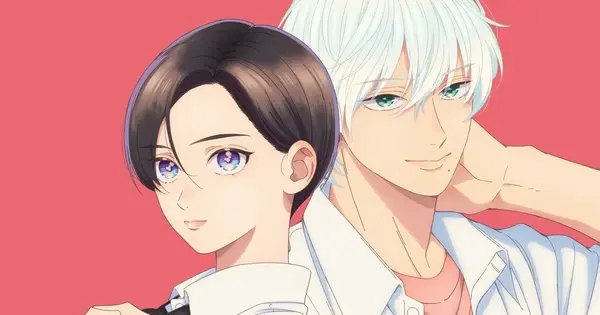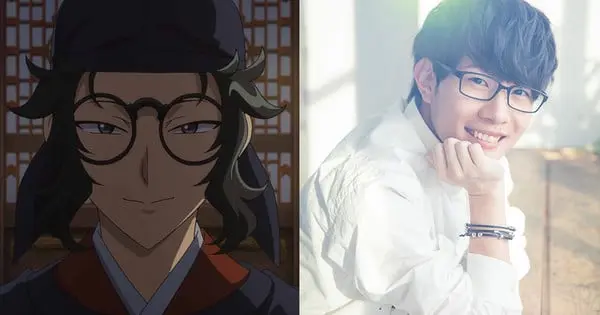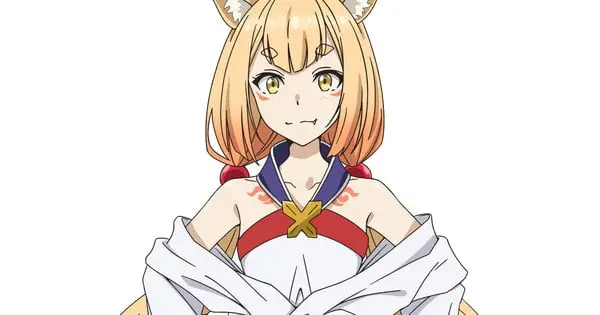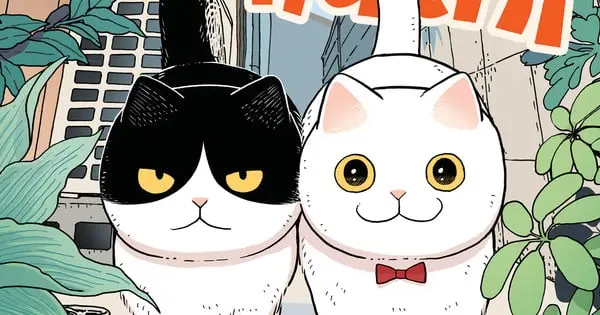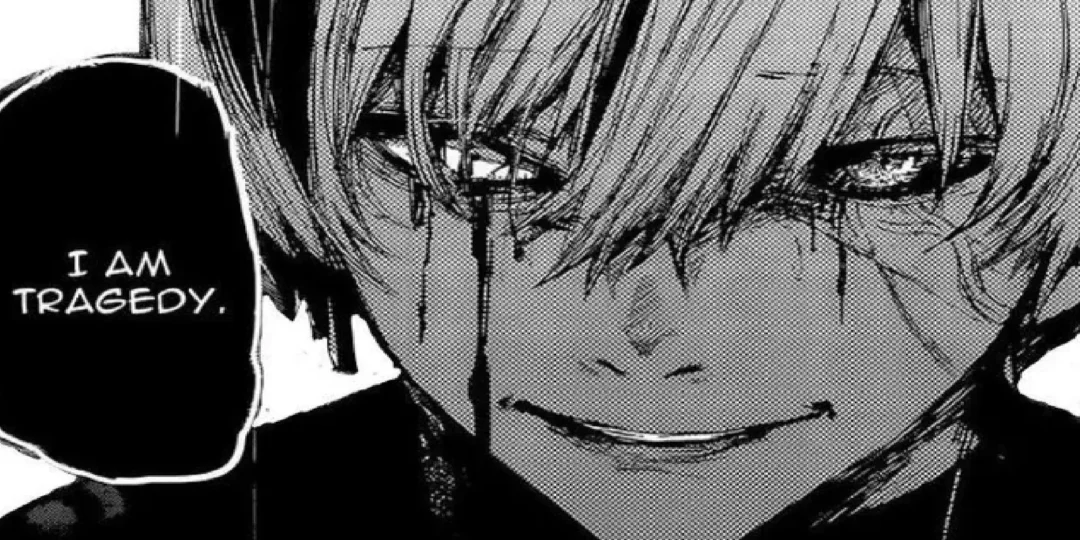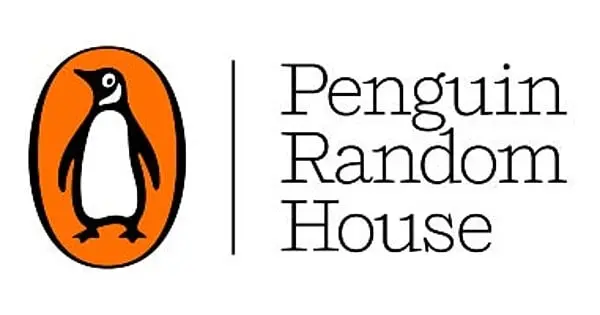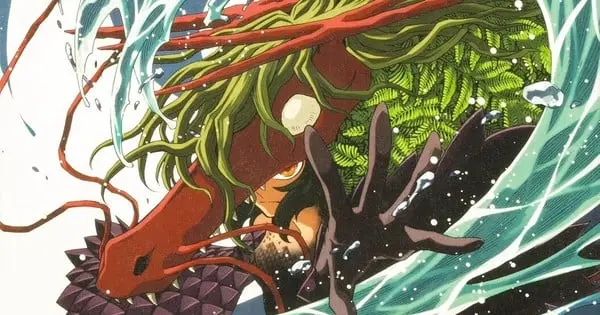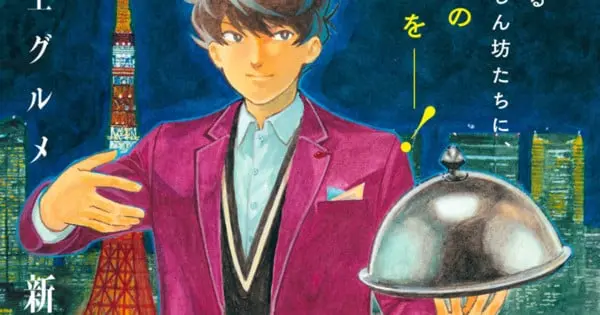The manga industry, renowned for its captivating storytelling and distinctive art style, is under renewed scrutiny following revelations about the health struggles of Sui Ishida, the creator of the popular manga series, Tokyo Ghoul. Ishida’s recent health issues, attributed to the demanding and often punishing schedules faced by manga artists, have reignited discussions about the need for better working conditions within the industry.
The Grueling Reality of Manga Creation
Creating manga is a complex and time-consuming process that demands immense dedication and artistic skill. Manga artists, often working as freelancers or under strict publishing deadlines, face a multitude of challenges, including long hours, intense pressure to meet deadlines, and the physical strain of repetitive drawing tasks. The process typically involves brainstorming ideas, creating characters and storyboards, inking, and adding text and backgrounds. This intensive process can lead to physical ailments like carpal tunnel syndrome, eye strain, and back problems, along with mental health issues such as stress, anxiety, and burnout.
Overwork and Its Consequences
The manga industry’s culture of overwork is well-documented. Many artists routinely work 12 to 18 hour days, sometimes even longer, to meet the demands of weekly or monthly publication schedules. This grueling pace leaves little time for rest, personal life, or even basic self-care. The pressure is often compounded by the fact that many manga artists are also responsible for managing their own business affairs, including marketing and promotion. This constant workload inevitably takes a heavy toll on their physical and mental well-being.
Sui Ishida’s experience is not unique; many other manga artists have spoken publicly about their experiences with overwork and its negative effects. These testimonies paint a grim picture of an industry where the artistic vision and passion of creators are often exploited at the expense of their health and well-being. It is an industry where the pursuit of deadlines and commercial success frequently overshadows the need for sustainable working conditions.
The Impact on Creativity
While the immense work ethic of manga creators is often praised, the harsh realities of overwork can stifle creativity. The constant pressure and lack of adequate rest can lead to a decline in the quality of the art and storytelling. When artists are exhausted and stressed, they can find it difficult to innovate, which can result in rushed artwork and repetitive storylines. The situation often leads to creative burnout, where the artist loses passion and motivation. This is concerning because the industry relies heavily on the continuous stream of fresh and exciting content created by artists.
The Mental Health Toll
The relentless deadlines and isolation of manga creation can also lead to significant mental health challenges. Many manga artists work alone for extended hours, cutting them off from social interaction, which results in feelings of loneliness. This, combined with the stress and financial instability, can exacerbate mental health issues. Anxiety and depression are common among artists and this has resulted in an alarming number of instances of health struggles within the community.
Calls for Change and Industry Reform
The issues within the manga industry are not new, but the recent struggles of Sui Ishida have brought renewed attention to the urgent need for change. There is a growing chorus of voices calling for better working conditions, fairer compensation, and more support for the health and well-being of manga artists. This includes calls for:
- Reduced Workloads: One of the most immediate changes needed is a reduction in workload. Strict weekly deadlines should be reviewed, and there is a need for more flexible schedules that allow creators adequate time for rest and personal life.
- Fairer Compensation: Many manga artists receive relatively low royalties for their work, especially those who are just starting out. There is a need for fairer compensation to ensure that artists can make a living wage without needing to overwork themselves.
- Health Support: Publishers should provide better health insurance and support programs for their artists. This could include access to mental health counseling and physical therapy.
- Unionization: The formation of a manga creators union could provide collective bargaining power for artists, allowing them to negotiate better working conditions and compensation.
- Improved Communication: There should be more open communication between publishers and artists, with publishers being more understanding of the challenges faced by the artists.
Fan Advocacy
Fans also have a significant role to play in advocating for better conditions for artists. By raising awareness of the issues and supporting creators who advocate for change, fans can help shift the industry’s culture. Consumers can also make purchasing choices that favor publishers and platforms that are known for their fair treatment of artists.
The Future of Manga Creation
The discussion around the health and well-being of manga artists has sparked an opportunity for meaningful change within the industry. It is becoming increasingly apparent that the current system, which often prioritizes output over well-being, is unsustainable and harmful. A healthier, more sustainable approach to manga creation is essential, not just for the benefit of artists but also for the long-term health and success of the industry itself.
The Path Forward
The future of manga should not be one where artists must sacrifice their health to share their art with the world. The path forward requires a collaborative approach involving publishers, artists, and fans. This includes implementing practical reforms such as reducing work hours, increasing fair pay, and offering comprehensive health support. It also involves changing the culture of the industry, promoting the importance of self-care and mental health. This change needs to be industry wide and all stakeholders need to be involved for positive change to come about.
By prioritizing the well-being of its creators, the manga industry can ensure a sustainable future where great manga can be created without compromising the health of the talented individuals who bring these stories to life. The industry needs to recognize that manga creators are more than just content generators; they are the heart and soul of the manga art form, and they deserve to be treated with respect and dignity. The spotlight on creators such as Sui Ishida has been a catalyst for change, and it is crucial that the industry heeds the call for reform to ensure that future generations of manga artists can thrive.


